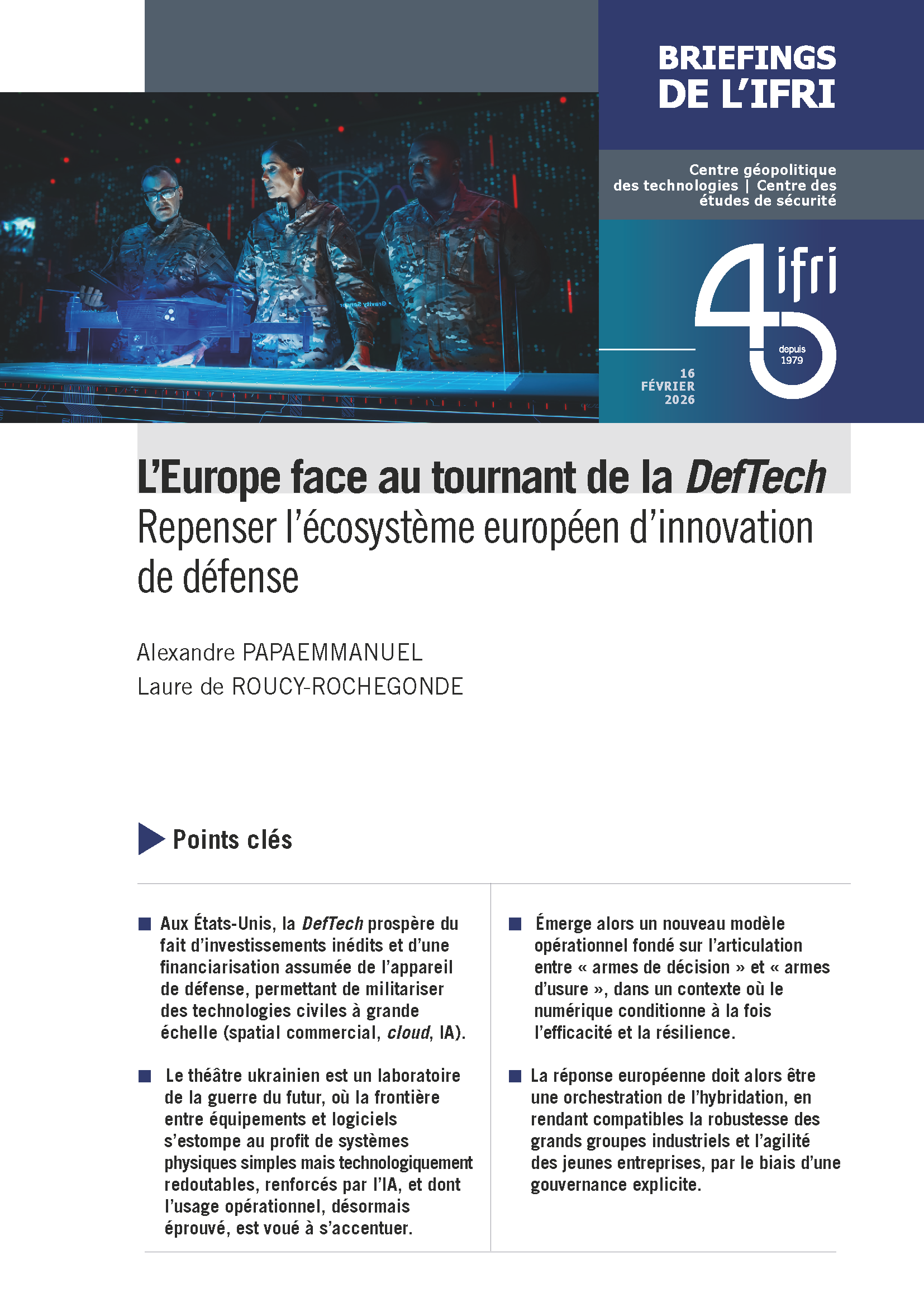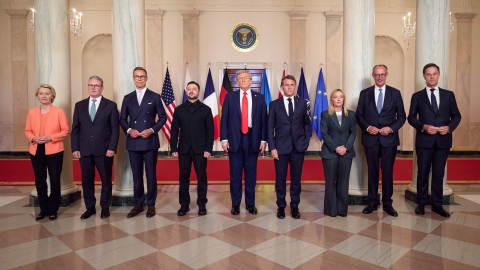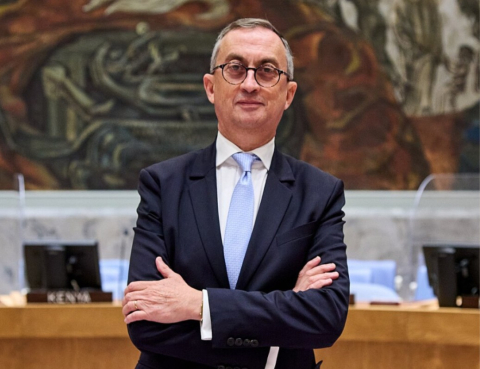
Informations pratiques
Thématiques et régions
Centres et programmes liés
Ceci est un événement réservé.
En savoir plus sur nos programmes de soutienWith ratification of the new Treaty behind it, the European Union is under pressure to "return to the serious business of governing". At this critical juncture in the EU's development, nine leading Brussels-based think tanks : the Bertelsmann Stiftung, the Brussels European and Global Economic Laboratory (Bruegel), the Centre For European Studies (CEPS), the Egmont Institute, the European Policy Centre (EPC), the Institut français des relations internationales (Ifri), Madariaga - College of Europe Foundation, the Stiftung Wissenschaft und Politik (SWP) and Friends of Europe-Les Amis de l'Europe, in cooperation with Agence Europe have initiated an annual forum to deal with the Union's emerging politico-strategic agenda. How can the EU best apply its new institutional apparatus to incipient societal and global challenges including climate policy, migration, the economic crisis and global governance? The results of a brainstorming exercise by policymakers and other experts on the Copenhagen Agreement, the current financial turbulence, the Stockholm Programme, as well as the EU's role in a changing global environment will be presented for discussion. Due to limited space, registration is on a first come first serve basis. Dead line for registration is Friday 9th January, 9:00 am
Media partner: Agence Europe
In order to register your attendance, please send an email to Matt Dann at Bruegel, [email protected]
Crédit photos: Ulla Kimmig
Sujets liés
Autres événements
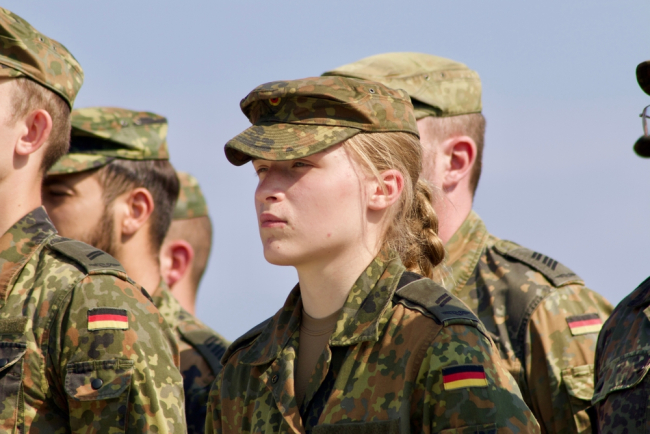
Quelle politique de défense en Allemagne ?
Face à la guerre en Ukraine et à l’instabilité géopolitique en Europe dans un cadre transatlantique perturbé, l’Allemagne a amorcé un tournant majeur dans sa politique de défense, avec une hausse significative des dépenses militaires, la modernisation de la Bundeswehr et le débat sur un éventuel retour du service militaire obligatoire.
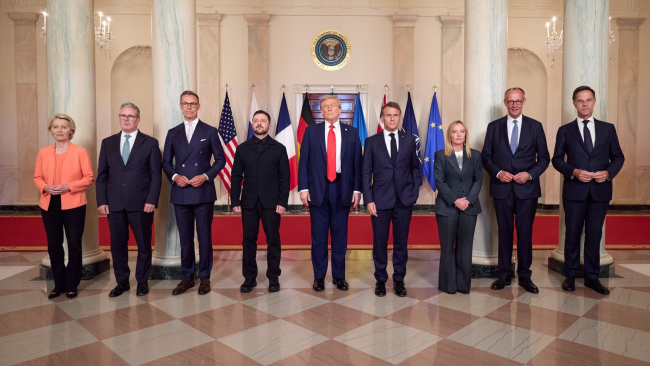
Quatre ans de guerre en Ukraine : verra-t-on la fin du conflit en 2026 ?
Un déjeuner débat autour de Tatiana Kastouéva-Jean, Directrice du Centre Russie/NEI, et Élie Tenenbaum, directeur du

Quel partenariat technologique avec l’Inde ?
Le 16ème Sommet UE-Inde, qui s’est tenu le 27 janvier à New Delhi en présence des dirigeants européens António Costa, Ursula von der Leyen, et du Premier ministre Narendra Modi, marque un tournant dans le renforcement des liens entre l'Union européenne et l'Inde. Parallèlement, les visites bilatérales se multiplient, à l’image de celle du Président français qui s’est rendu en Inde mi-février pour participer au Sommet sur l’Intelligence Artificielle.



